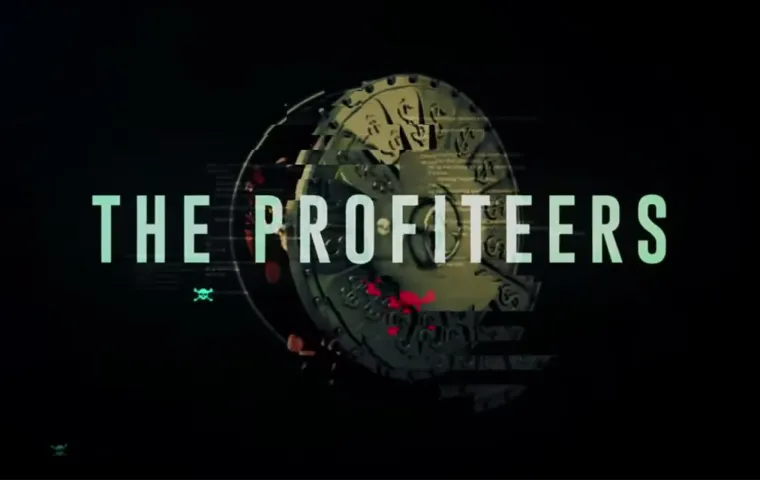
John-Allan Namu on the importance of knowing who to work with when doing a story that restricts access to on-the-ground reporting.
“We chose to work through experts who had been studying the region first, then by approaching sources directly for more contextual interviews.”
What were the major findings of your story?
We found evidence of war profiteering by South Sudan’s political & military elite, and their engagement in money laundering. Destruction of forests to fund civil war efforts was also a key finding.
What impact did your story have?
An investigation into the role of SPLA-io officers in the illegal sale of teak was initiated by the SPLA-io military council. It also led to a protest by South Sudanese citizens against the role of banks in illicit financial flows (IFFs).
Did you receive any funding to do this story?
Yes.
What were the sources of funding you received to do this story?
Commercial funds generated by Africa Uncensored and grant funding to the organisation.
How did the story start and how did your team decide on the first steps to take in working on this story?
We discussed the story with a civil society group working on the issue of possible IFFs from South Sudan. A member of the civil society group helped with some of the initial desktop research into the story and connected us to key sources who helped our team better understand the context. When we found significant evidence of the same, we created a story planner detailing our goals for the story.
How long did it take to report, write and edit this story?
Collectively it took 3 months, spread over a nine month period.
What challenges did your team face while working with sources?
We chose to work through experts who had been studying the region first, then by approaching sources directly for more contextual interviews. We offered some (security) sources anonymity and kept our information safely stored. Still, one of our sources was targeted and had to leave the country.
What resources and tools did your team find useful? How did you organize your data and documents?
Previously published reports and leaked data was very important to our story. A lot of this information was already well organised, so it wasn’t a challege to read them.
What other challenges or barriers did your team face while working on the story or series, and how did you overcome these challenges?
Entering South Sudan to conduct the investigation was deemed too dangerous to do, so we had to conduct most of our investigation in neighbouring countries. Meeting sources in far-flung parts of these countries was a challenge, but proper planning and discussions prior to travel helped. The emotional toll of interviewing people who lived through very violent episodes was particularly difficult, for them and for us.
What advice would you give journalists working on similar investigations?
Plotting out what you need to do prior to going out is crucial.
Did your team face any pushback during or after the publication of this story? If so, how did you address this?
The television station that we had initially agreed to publish the report on rescinded its decision on the scheduled day of broadcast. We chose to respect their decision not to air the story, and published it ourselves.
Did working on this story change your perspective as a journalist?
Yes. It made it very clear to me how important it is to remember that some of these concepts we report about and discuss have real world impact.

